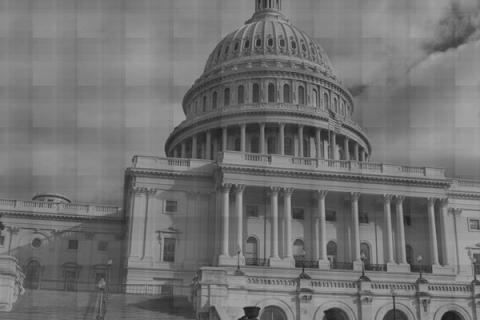Thegreatest irony in the deal Sen. Abel Maldonado struck in exchange for a"yes" vote on the state budget: If thenonpartisan primary that's headed for the June 2010 ballot is approved, itwould greatly decrease the chances of Californiaever again going through months of legislative waterboarding.
The dealwas done in the wee hours this morning, at the end of a record-setting 45 1/2 hourSenate session that followed a lockdown over Valentine's Day weekend. It cameas Gov. Arnold Schwarzenegger was ready to shut down hundreds of constructionprojects worth $5.5 billion and involved 90,000 jobs. It came after he'd told10,000 state workers they were about to lose their jobs.
TheSenate vote was not without drama -- no surprise there, in a week when theRepublicans already had ousted Dave Cogdill as minority leader because hebacked a budget package that violated the party's no-tax pledge.
Thismorning, four Democrats initially threatened to vote against the plan becauseof the nonpartisan primary. Ultimately, they agreed to vote yes, and when Cogdillof Modesto and Roy Ashburn of Bakersfieldjoined Maldonado of Santa Maria in balking the new Republican leadership, thedeal was done.
TheAssembly passed the package just as the sun rose, with Republican leader MikeVillines of Clovis, Roger Niello of Sacramento and Anthony Adams of Hesperiaproviding the three GOP votes, TheLos Angeles Times reports.
Thedetails Democrats agreed to, accordingto The Sacramento Bee:
- Eliminating a 12-cent-a-gallon gas tax increase, replacing it with a 0.25 income tax hike and more than $600 million in line-item cuts.
- A proposed constitutional amendment that would ban legislative pay raises in deficit years. That's headed for the ballot in a June special election.
- Another proposed constitutional amendment that would create an open primary system, with the top two finishers facing off in the general election regardless of their party affiliation. That proposal likely will appear on the June 2010 ballot.
Short-term,the gas-tax compromise was crucial because it got the deal done.
Long-term,the open primary would be the most important change because of its potential torein in the nasty side of partisanship that's largely been responsible for California's four-monthbudget drama.
Under thesystem, as originally proposed by the CaliforniaIndependent Voter Project, the top two vote-getters in June would advanceto the November General Election. The system's already used in Washington state, and similar processes are in place inmany Californiacities and its counties as well.
"Whileit will likely be heavily opposed by political parties and special interestgroups," CAIVP Chairman Steve Peace said this morning, "if passed, itwill represent a significant victory for voters and for common sense. Partisangridlock has damaged both our state and our country."
Thecurrent system often sends the more politically strident partisans to theNovember election because the strategic goal in the primary is to collectenough votes among party members to advance. Running in an open primary,though, candidates would have to pass the test among a greater cross-section ofvoters.
Thoughthe Democratic and Republican parties, of course, disagree, an open primarysystem usually results in more-moderate candidates running in the generalelection.
Ifthere's ever a time Californiaand the country could use moderation, it's certainly now.
